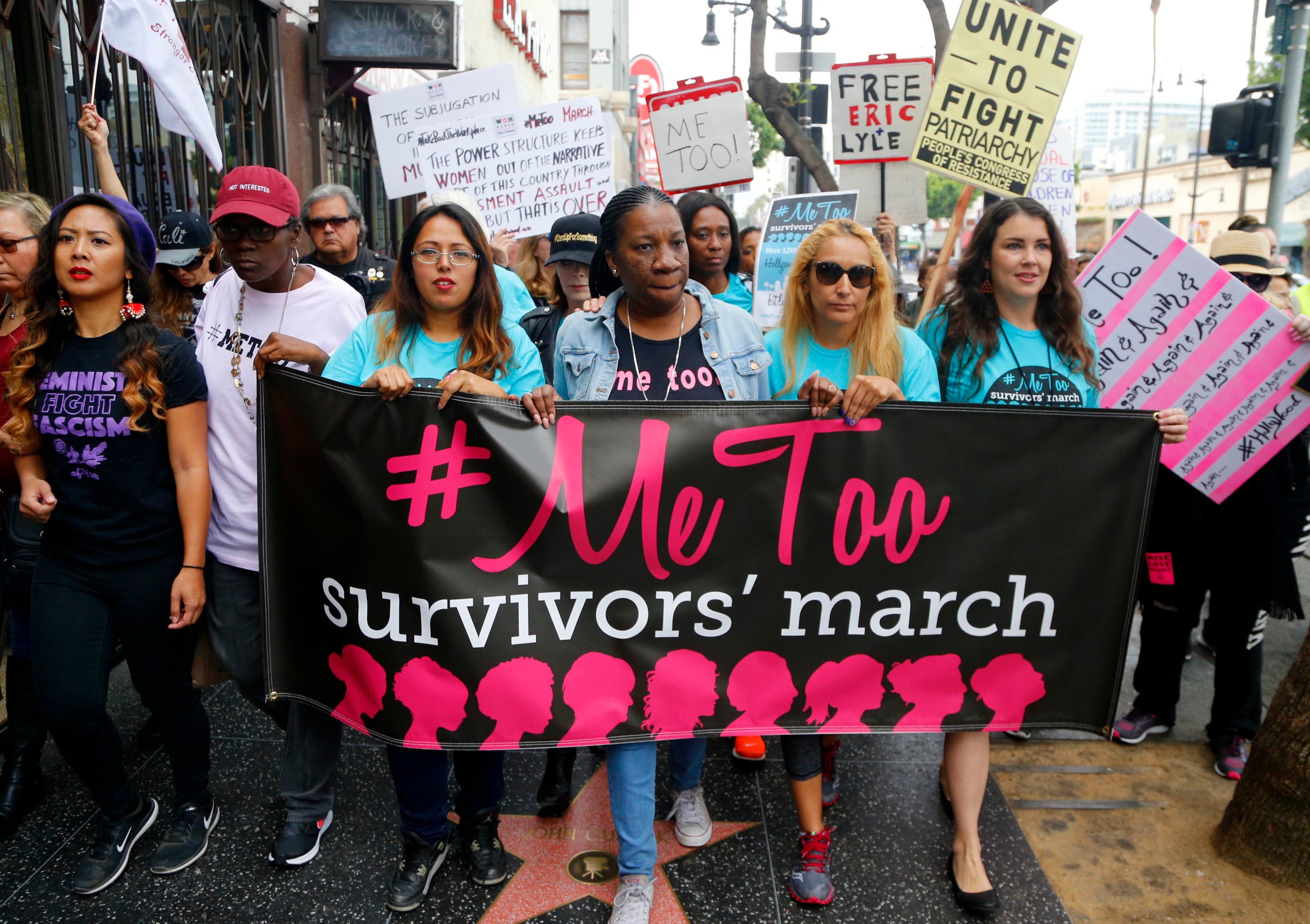Judith Butler is right – feminism is about inclusivity
The ‘sisterhood’ seems to have become something of an exclusive members’ club, deflecting attention away from its more insidious attitudes by targeting vulnerable groups for criticism


Do you remember feminist solidarity? Nah, me neither. Sisterhood seems more like a fairytale than a lived reality these days.
Over 30 years ago now, Judith Butler wrote the gender studies classic Gender Trouble. Today, Butler expounded on those ideas in an interview with The Guardian.
Perhaps unsurprisingly, given her progressive approach over the decades, Butler suggested that we should rethink the category of “woman”. Because gender is unstable. Gender is socially and temporally situated, and it shifts accordingly. Most of us are inducted into the gendering process before we’re even out of the womb. The rising trend for gender-reveal parties isn’t just another opportunity for parents-to-be to get a load of baby-related gifts from their mates: it illustrates how much we invest in gendered identities, and this gendering process, Butler rightly suggests, is ongoing throughout our lives.
Butler advocates for trans women and their inclusion in the sisterhood. Although the “sisterhood” seems to have become something of an exclusive members’ club. Feminism, or more accurately, white feminism, has gone a bit Mean Girls – in the worst possible way.
White feminism already has a bad rep for being exclusive, divisive, and for deflecting attention away from its more insidious attitudes by targeting vulnerable groups for criticism. I’m not abdicating responsibility here by othering white feminists, either. I’m white and I’m a feminist. Reflecting on complicity is never a painless or even comfortable experience. If it comes easily then I guess that’s when you know you’re not doing it properly. Whenever I write something critical of whiteness, I receive derisive responses from other white women, accusing me of self-flagellation. Well, if the criteria for self-flagellation is acknowledging the damage that I, and people who look like me, have done – often unintentionally, accidentally, mistakenly, and with the best possible intentions – then OK; better pass me the whip. But I reckon a bit of self-scourging might be exactly what white feminism needs right now.
I don’t want to write some kind of #NotAllKarens apologia for white feminism’s shabby record of throwing women of colour under the bus. White women with the best of intentions have got form: history has shown us time and time again that we’re dangerous to communities of colour, and yet we’re the first to burst into tears or scream abuse when called out – even politely and respectfully – on our unconscious bias. We’re all guilty of it – even if we’re trying really, really hard, and we’ve had horrible things happen to us in our lives, so we’re victims too, and we definitely think of ourselves as allies, and we’re actually very nice people and terribly misunderstood, so please don’t call us Terfs or racists or Karens because you’re hurting our fragile little white-woman feelings. Yup. We’ve heard it all before. Ad nauseam.
The MeToo movement was a watershed moment in our time, but it was also overwhelmingly white and middle-class. It also showed us that white women have trouble seeing themselves as both victims and perpetrators. Along with the plethora of heartfelt and heart-breaking stories of sexual harassment, abuse and violence, there was a noticeable absence of white women recognising our own complicity in the perpetuation of sexual violence against marginal groups, including women of colour and trans women.
In her interview, Butler calls for solidarity, but it’s difficult to see how feminism can revive the sisterhood when we’re not recognising our own issues. The targeting of trans women as predators seems bizarre when the transgender community is a tiny, persecuted social group whose members are at heightened risk of domestic and sexual violence. Whose interests are being served by punching down at marginal communities? What good can come of adding an extra layer of oppression to those already shouldering disproportionate discrimination and threat – all in the name of “women’s rights”?
I think I’ll stick with Butler, because you know what? Mean Girls really aren’t so fetch.
Join our commenting forum
Join thought-provoking conversations, follow other Independent readers and see their replies
Comments
Bookmark popover
Removed from bookmarks